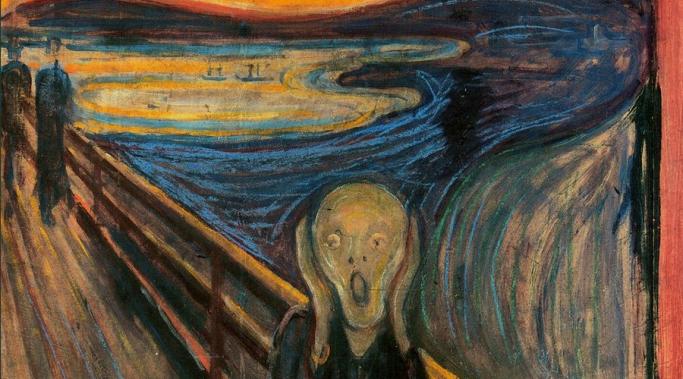I have a confession to make--I'm not feeling the Christmas Spirit.
This is especially disconcerting because my diagnosis of borderline personality disorder tells me I "should" feel a certain way. I should be happy, generous, loving, especially kind to people I've never met or don't like. I should buy gifts for everyone dear to me. I should single-handedly bail the post office out of bankruptcy by sending Christmas cards.
But I don't, and I don't really care who knows it. To be honest, I feel like Beck-anezer Scrooge--Bah, Humbug! And that's okay.
Coping with BPD
You can be thankful in spite of a diagnosis of borderline personality disorder (BPD). It all comes down to a matter of perspective. Are you thankful for the little things, or do you even notice? Are you taking much of what you have to be thankful for for granted? What are you thankful for?
One of the problems with borderline personality disorder (BPD) is the ease with which we believe harmful core beliefs. It's as if we think that they are the insight of the century. But believing something does not automatically make it true--not everything you think is trustworthy. Here are six steps to changing a harmful core belief.
One of the symptoms of BPD is "transient, stress-related paranoid ideation or severe dissociative symptoms". That's a fancy way of saying that when a person with BPD is under a great deal of stress, he or she can dissociate. He or she experiences an "altered state of consciousness characterized by partial or complete disruption of the normal integration of a person’s normal conscious or psychological functioning", as Wikipedia puts it. Translation: detachment or distancing from reality.
"The first step to taking control of your anger is to tell yourself, and keep telling yourself, I'm okay," writes Matsakis. "All that's happening to me is that I'm feeling angry. All I have to do with my nager today is feel it. I can figure out later what to do about it. All I have to do now is ride with it. If I can just feel the anger without hurting myself or someone else, I am a success."
Our degree of recovery comes and goes. Part of staying in recovery from borderline personality disorder (BPD) is learning how to manage symptom-provoking sudden stress. I had a crash course in doing so this past week due to a bank error that showed I had a balance of negative $10 million.
I am a devout Mennonite. On Sunday, we sang the hymn Will You Come and Follow Me? A line stood out to me--"Will you love the 'you' you hide if I but call your name?" It reminded me that in order for borderline personality disorder (BPD) treatment to be effective, we have to do just that--we with borderline need self-acceptance to heal.
Borderline personality disorder does get better if you work at it. You are worth the wait.
Recently my therapist and psychiatrist became concerned about some self-harm urges I've had. Short version: I could either take clonazepam or go to the Crisis Respite Unit. The problem was I didn't want to do either! I was afraid--afraid that I'd get a reputation for benzodiazepine dependency if I took the pill, and afraid I'd get sent back to the state hospital system if I went to Crisis Respite. My fear of the highly unlikely worst-case scenario was self-destructive; it was causing me to reject potentially helpful courses of action.
Borderline personality disorder (BPD) is one of the few mental illnesses that can leave visible physical scars. One of the symptoms of BPD is self-injury, or SI for short. SI is so closely identified with BPD that some psychiatrists will diagnose a person with BPD if only SI is present (technically at least four other criteria should exist, but I'm going by experience).
SI is a negative coping skill. In the words of the late Lady Diana Spencer, "You have so much pain inside yourself that you try and hurt yourself on the outside because you want help."









